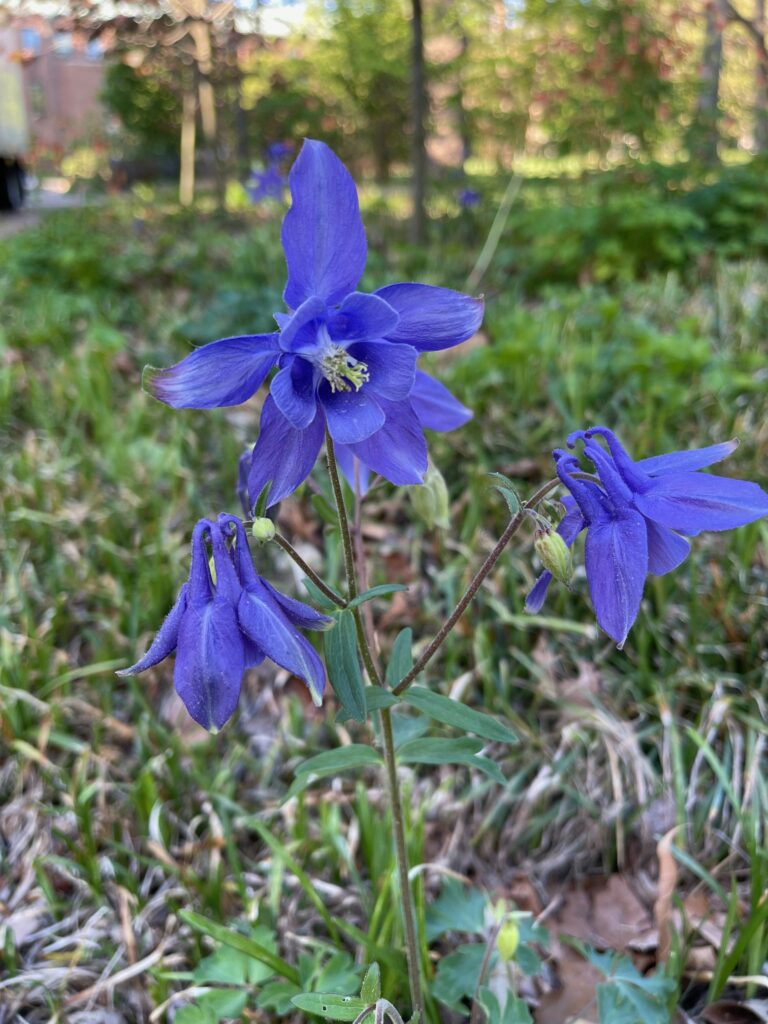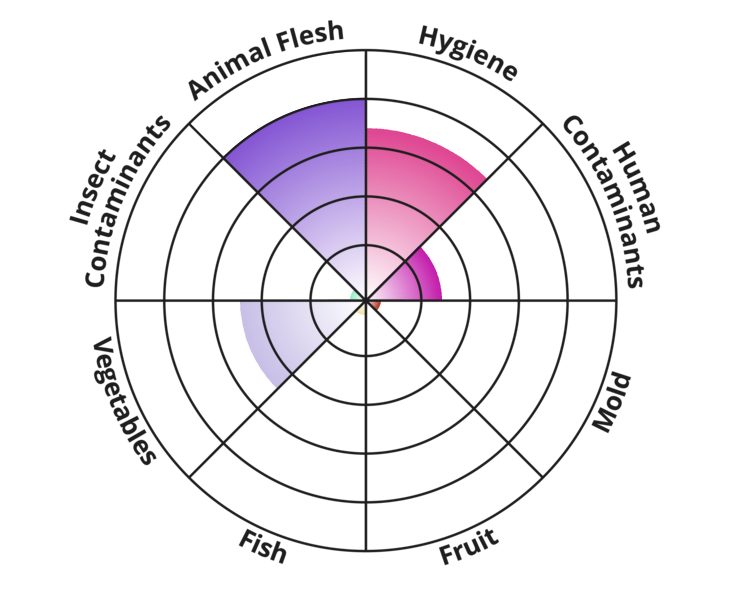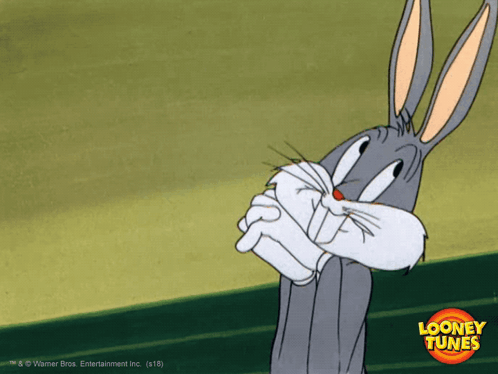Spam, Spam, Spam.
 Internet spam, not to be confused with the pork product, has been something I’ve dealt with almost as long as I’ve had an email account, and I think everyone else has had the same problem. I don’t remember when exactly I first got the first forwarded message warning me that the post office was going to start charging people two cents for every email sent—how they’d do this or how it would be applied outside the United States was never clear—but it was forwarded and re-forwarded to me so many times I think of it as an early example of spam. The same is true of warnings about the “Good Times” virus—supposedly a virus that would be sent via email and if you clicked the subject line it would erase your hard drive, melt your computer, send an endless stream of “Yo momma’s so fat” joke to your boss, clean out your refrigerator, and dress your pets in provocative outfits. So many warnings got sent to me and others about it that finally someone I know said, “The warning itself is the virus!” And people kept on spreading it.
Internet spam, not to be confused with the pork product, has been something I’ve dealt with almost as long as I’ve had an email account, and I think everyone else has had the same problem. I don’t remember when exactly I first got the first forwarded message warning me that the post office was going to start charging people two cents for every email sent—how they’d do this or how it would be applied outside the United States was never clear—but it was forwarded and re-forwarded to me so many times I think of it as an early example of spam. The same is true of warnings about the “Good Times” virus—supposedly a virus that would be sent via email and if you clicked the subject line it would erase your hard drive, melt your computer, send an endless stream of “Yo momma’s so fat” joke to your boss, clean out your refrigerator, and dress your pets in provocative outfits. So many warnings got sent to me and others about it that finally someone I know said, “The warning itself is the virus!” And people kept on spreading it.
Lately I’ve noticed some interesting spam sent to my blog. It’s actually nice, even flattering. Here’s an example:
I’m truly enjoying the design and layout here. It’s a very easy on the eyes which makes it much more enjoyable for me to come here and visit more often.
Here’s another one:
Usually I do not read blogs however I would like to say that this writing very compelled me to take a look at and do it Your writing style has been amazed me Thank you very nice article
And this one:
I would claim that a true assistance is involved in writing excellent posts. This my first time visiting your website, and I’m amazed at how much research you did to produce such fantastic articles.
Those are slightly rewritten—I’m not copying the original spam verbatim in case whatever’s generating them is looking for the text or replies. Anyway they seem really nice, even flattering, in spite of the fact that seeing at least half a dozen copies of the same message on as many different, sometimes much older, posts, was a giveaway that these weren’t real. I’m not even sure they were written by real people; they may have been generated by a program that generates somewhat human-sounding text and posts it to any blog it can find. It doesn’t help that several of these messages also included linked ads to treatments for hair loss, erectile dysfunction, acne, depression, the flu, overeating, ingrown toenails, and spontaneous decapitation, which isn’t flattering because I don’t suffer from at least three of those problems.
It’s really sad to me that we’ve created this wonderful thing, the internet, and also managed to undermine everything good about it by flooding it with garbage. I would say that in spite of that I believe people are better than that, but it would really be more accurate to say that I know there are people who are better than that—who are still trying to contribute good things. Also I get spam that, for some reason, possibly because it’s pulled from digitized texts, is in Latin, like this:
In nova fert animus mutatas dicere formas
corpora; di, coeptis (nam vos mutastis et illas)
adspirate meis primaque ab origine mundi
ad mea perpetuum deducite tempora carmen.
I’m weirdly flattered by that—it’s as though it’s telling me that, even though I was a miserable failure all through three years of high school Latin and two more years of it in college, someone out there thinks I can actually translate Ovid.

 You probably didn’t recognize me, which is fine. I’ve been in there enough times that it’s very familiar to me but you have so many customers I don’t believe you can remember all of them, not even the ones who come in every few weeks. I’d probably have to come in nightly, or at least weekly, to really be known. Still I feel a little guilty, like I’d been out with one friend and found out another friend had spent the evening at home and even if the two friends didn’t know each other, or didn’t get along, I’d still worry the other friend was thinking “Why didn’t you call me if you were going out?”
You probably didn’t recognize me, which is fine. I’ve been in there enough times that it’s very familiar to me but you have so many customers I don’t believe you can remember all of them, not even the ones who come in every few weeks. I’d probably have to come in nightly, or at least weekly, to really be known. Still I feel a little guilty, like I’d been out with one friend and found out another friend had spent the evening at home and even if the two friends didn’t know each other, or didn’t get along, I’d still worry the other friend was thinking “Why didn’t you call me if you were going out?” April showers have brought out the slugs. Like a lot of common animals I have a history with slugs and it’s not all happy. When I was a kid my mother showed me how to kill slugs by pouring salt on them and I went up and down the sidewalk at night with a big container of the “when it rains it pours”, pouring it all over every slug I could find. The next morning I’d find shriveled leathery bodies like three-dimensional commas, an interrupted life sentence.
April showers have brought out the slugs. Like a lot of common animals I have a history with slugs and it’s not all happy. When I was a kid my mother showed me how to kill slugs by pouring salt on them and I went up and down the sidewalk at night with a big container of the “when it rains it pours”, pouring it all over every slug I could find. The next morning I’d find shriveled leathery bodies like three-dimensional commas, an interrupted life sentence.
 March is supposed to come in like a lion and go out like a lamb but the one this year apparently didn’t get the memo and came in with summer temperatures and went out with ups and downs. Then the April showers started with a midday thunderstorm that was so bad I left work in the middle of the day. My office is safer than my house in a storm—it’s eleven stories of heavy concrete, not counting the basement that’s below street level, so while it would be a lousy place to be in a flood it’s pretty solid protection from tornadoes. Still if anything really bad happened I wanted to be at home to be able to deal with it. I walked from the office building in heavy rain—“downpour” really is the best word for it, and not just because a solid sheet of water was sliding off the awning over the door—to the parking garage where I’d been smart enough to park on one of the covered levels instead of the roof as I usually do. Then I drove home through rain that was so heavy at one point I had to pull over into a parking lot because the wiper blades just weren’t cutting it. When I got pulled into the driveway at home the rain had stopped and the sun had come out.
March is supposed to come in like a lion and go out like a lamb but the one this year apparently didn’t get the memo and came in with summer temperatures and went out with ups and downs. Then the April showers started with a midday thunderstorm that was so bad I left work in the middle of the day. My office is safer than my house in a storm—it’s eleven stories of heavy concrete, not counting the basement that’s below street level, so while it would be a lousy place to be in a flood it’s pretty solid protection from tornadoes. Still if anything really bad happened I wanted to be at home to be able to deal with it. I walked from the office building in heavy rain—“downpour” really is the best word for it, and not just because a solid sheet of water was sliding off the awning over the door—to the parking garage where I’d been smart enough to park on one of the covered levels instead of the roof as I usually do. Then I drove home through rain that was so heavy at one point I had to pull over into a parking lot because the wiper blades just weren’t cutting it. When I got pulled into the driveway at home the rain had stopped and the sun had come out.
 Sometimes I see a car with bumper stickers that make me want to meet the owner. Actually it happens quite a bit, probably because I have a pretty wide range of interests and also someone else’s enthusiasm for something can really interest me. At least I’ve come to realize it’s the people who interest me, not necessarily the thing they’re interested in. I once spent two hours talking to a retired railroad worker and I was absolutely fascinated the whole time. I like trains and I think they’re interesting but I wasn’t inspired to quit my job and pursue a career in the railroad industry, or even take up trains as a hobby. It was really his stories and the way he told them that interested me.
Sometimes I see a car with bumper stickers that make me want to meet the owner. Actually it happens quite a bit, probably because I have a pretty wide range of interests and also someone else’s enthusiasm for something can really interest me. At least I’ve come to realize it’s the people who interest me, not necessarily the thing they’re interested in. I once spent two hours talking to a retired railroad worker and I was absolutely fascinated the whole time. I like trains and I think they’re interesting but I wasn’t inspired to quit my job and pursue a career in the railroad industry, or even take up trains as a hobby. It was really his stories and the way he told them that interested me. Spring is a transitional time which may be why I suddenly started thinking about middle school where, in addition to the standard subjects of English, math, science, and social studies we had four “creative” subjects that we cycled through, spending half a semester in each: art, home economics, music, and industrial arts. I guess it was the school’s way of giving us a sample platter of subjects we could take as electives in high school.
Spring is a transitional time which may be why I suddenly started thinking about middle school where, in addition to the standard subjects of English, math, science, and social studies we had four “creative” subjects that we cycled through, spending half a semester in each: art, home economics, music, and industrial arts. I guess it was the school’s way of giving us a sample platter of subjects we could take as electives in high school.


 The first time I saw the sunrise was on a camping trip. I’d been up all night before but my bedroom faced west so I saw a lot of sunsets but in the mornings I’d only seen the sky lighten and get gradually brighter. It depends on your definition of “sunrise”, though—I suppose any time before it reaches its zenith you’re seeing the sun rise. I expected it to look like a sunset in reverse but was surprised by how different the light was, how the whole sky brightened even before the first bright sliver appeared over the horizon. I’d spent the night in a tent that was little more than a canvas draped over a pole so my sleeping bag was on the ground and during the night I woke up to find I’d moved around so much in my sleep my head was outside the tent. I was looking straight up into the stars and in my barely conscious state I had this vision that the stars weren’t points but long beams of light that spanned an unimaginable distance. I thought that, if I could move just enough so that I was no longer looking at them straight on, I’d see them like lines of a web stretched across space.
The first time I saw the sunrise was on a camping trip. I’d been up all night before but my bedroom faced west so I saw a lot of sunsets but in the mornings I’d only seen the sky lighten and get gradually brighter. It depends on your definition of “sunrise”, though—I suppose any time before it reaches its zenith you’re seeing the sun rise. I expected it to look like a sunset in reverse but was surprised by how different the light was, how the whole sky brightened even before the first bright sliver appeared over the horizon. I’d spent the night in a tent that was little more than a canvas draped over a pole so my sleeping bag was on the ground and during the night I woke up to find I’d moved around so much in my sleep my head was outside the tent. I was looking straight up into the stars and in my barely conscious state I had this vision that the stars weren’t points but long beams of light that spanned an unimaginable distance. I thought that, if I could move just enough so that I was no longer looking at them straight on, I’d see them like lines of a web stretched across space. The wild onions are popping up all over the yard, one of the first signs that spring is here. I once heard that wild onions are a sign that there will be no more frost, but unlike some other folk wisdom that doesn’t seem to be true, at least not around here. I’ve even seen them make a full recovery from a hard freeze. Right now they’re mostly fine as hair but once summer gets into full swing they’ll be thick and tall. The lawnmower will leave stands of white-rimmed tubes that look like they should sing like pan pipes when the wind blows over them. The ones that don’t get cut down will send up big clusters of purple seeds. I’m a little surprised to find out that they really are onions—closer to scallions, I guess, than the big Vidalia and Walla Walla varieties.
The wild onions are popping up all over the yard, one of the first signs that spring is here. I once heard that wild onions are a sign that there will be no more frost, but unlike some other folk wisdom that doesn’t seem to be true, at least not around here. I’ve even seen them make a full recovery from a hard freeze. Right now they’re mostly fine as hair but once summer gets into full swing they’ll be thick and tall. The lawnmower will leave stands of white-rimmed tubes that look like they should sing like pan pipes when the wind blows over them. The ones that don’t get cut down will send up big clusters of purple seeds. I’m a little surprised to find out that they really are onions—closer to scallions, I guess, than the big Vidalia and Walla Walla varieties.